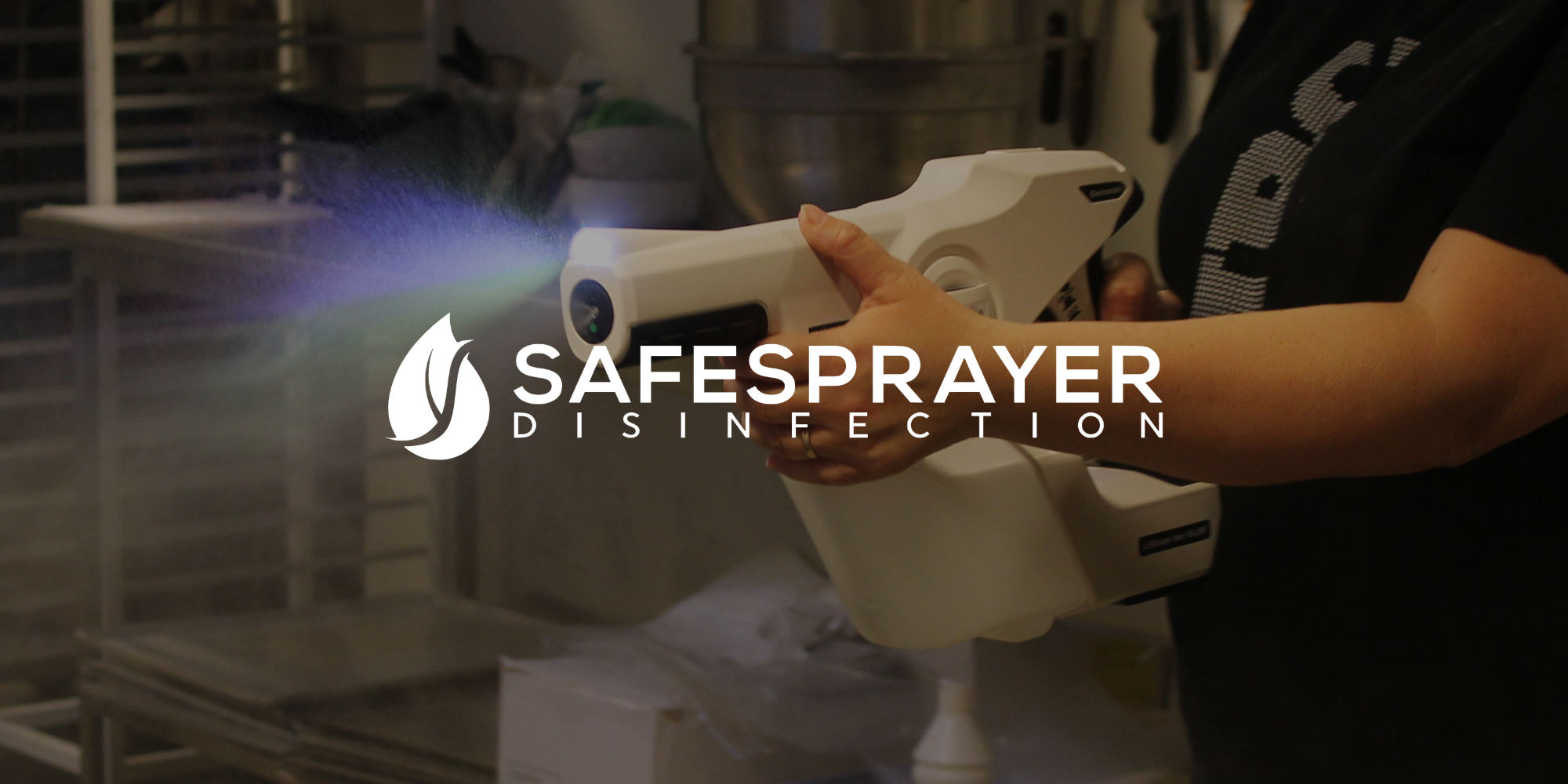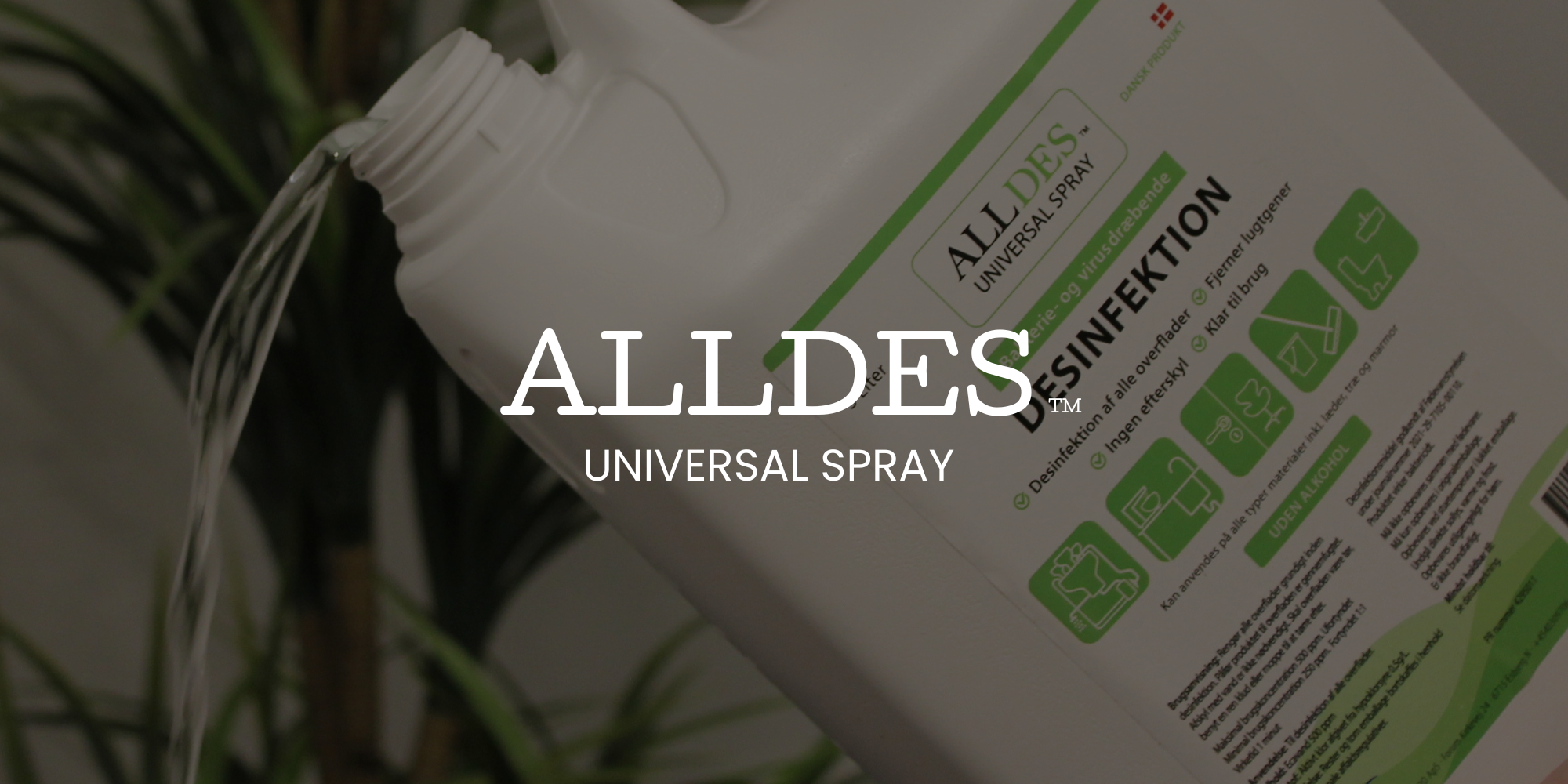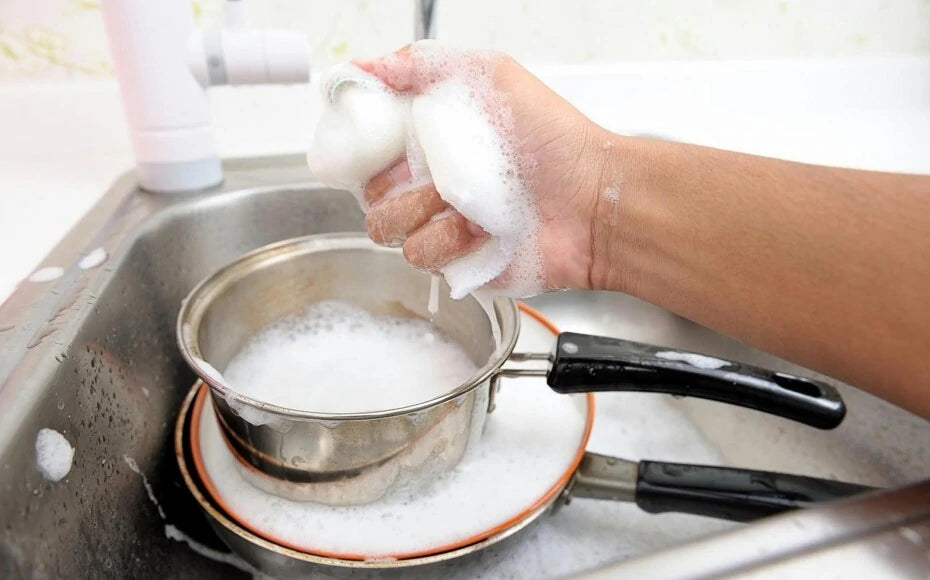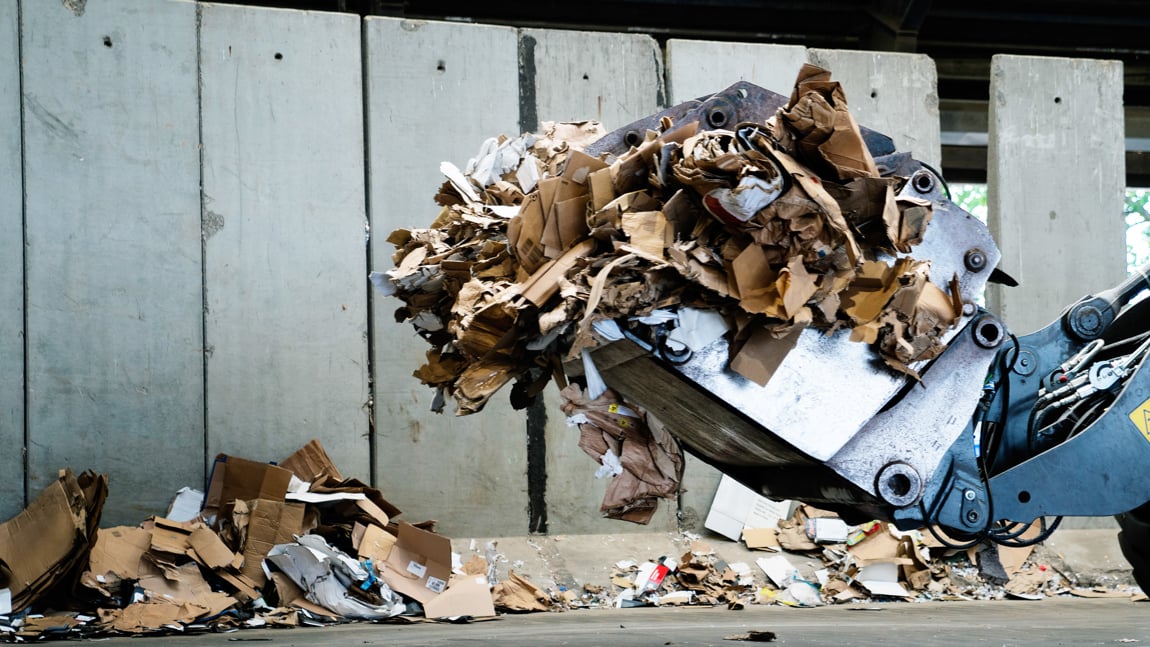Hand washing is one of the most basic and effective ways to protect yourself from disease and germs. Hand soap plays a crucial role in our daily hygiene routine and its importance cannot be underestimated. This blog post explores why hand soap is so important for hygiene and how it can contribute to maintaining a healthy everyday life.
Why is hand soap so important?
- Removes bacteria and viruses: Our hands are constantly in contact with various surfaces that may be infected with bacteria and viruses. Soap removes microorganisms and reduces the risk of disease.
- Prevents the spread of diseases: Many diseases are spread through contact. Washing hands after coughing, sneezing or touching surfaces in public areas can prevent the spread of diseases such as colds, flu and COVID-19.
- Hygiene in cooking: Hand washing is essential during cooking to avoid cross-contamination, where bacteria from raw meat or vegetables are transferred to other foods.
- Public places: Using public toilets, means of transport and shopping places increases exposure to bacteria and viruses. Hand washing reduces the risk of bringing these microorganisms home.
How does hand soap work?
Hand soap works in a simple but effective way. Soap contains molecules with two ends: a hydrophobic (water-repellent) end and a hydrophilic (water-loving) end. When you rub your hands together with soap, hydrophobic ends penetrate the solution of fat and dissolve it. Hydrophilic ends bind to water molecules and remove dissolved fat and dirt from the skin. This removes not only visible dirt, but also harmful microorganisms.
How do you wash your hands correctly?
To maximize the effectiveness of hand washing, follow these steps:
- Wet your hands: Use warm water to open the skin's pores and moisturize the skin.
- Apply hand soap: Apply an appropriate amount of hand soap and lather it between your hands.
- Rub thoroughly: Rub your hands together for at least 20 seconds. Remember to scrub between fingers, under nails and wrists.
- Rinse thoroughly: Rinse off the soap with warm water. Use your fingers to ensure all soap residue is removed.
- Dry hands: Dry hands with a clean towel or paper towels. Avoid sharing towels with others.
FAQ - Frequently Asked Questions
Is regular soap as effective as antibacterial soap? Yes, regular soap is just as effective as antibacterial soap when it comes to removing bacteria and viruses. No studies indicate that antibacterial soap is better at removing bacteria and viruses.
Is there a certain time you should wash your hands? Yes, you should always wash your hands after visiting the toilet, before eating, after coughing or sneezing, and after contact with public places.
Can I use hand sanitizer instead of hand washing? Hand sanitizer is a good temporary solution, especially when hand washing is not possible. However, hand washing with soap and water is more effective in removing dirt and bacteria from the hands.
Is it possible to over-wash hands? Over-washing of hands can lead to dryness and irritation. Use a mild, moisturizing soap and avoid excessive use of hot water.
How does frequent hand washing affect the skin? Frequent hand washing can remove the skin's natural oils and lead to dryness. Use a mild soap and apply a moisturizer after hand washing to maintain skin health.
Is there a sustainable hand soap? Yes, the Soap2o product is a sustainable hand soap that eliminates the use of non-biodegradable single-use plastics. In addition, Soap2o takes up 96% less space than traditional hand soap.
Hand soap is not just a routine act, but an act of caring for your health. By washing your hands regularly with soap and water, you can protect yourself and your surroundings from diseases and bacteria. It is a simple but powerful way to promote a healthy and hygienic lifestyle.












